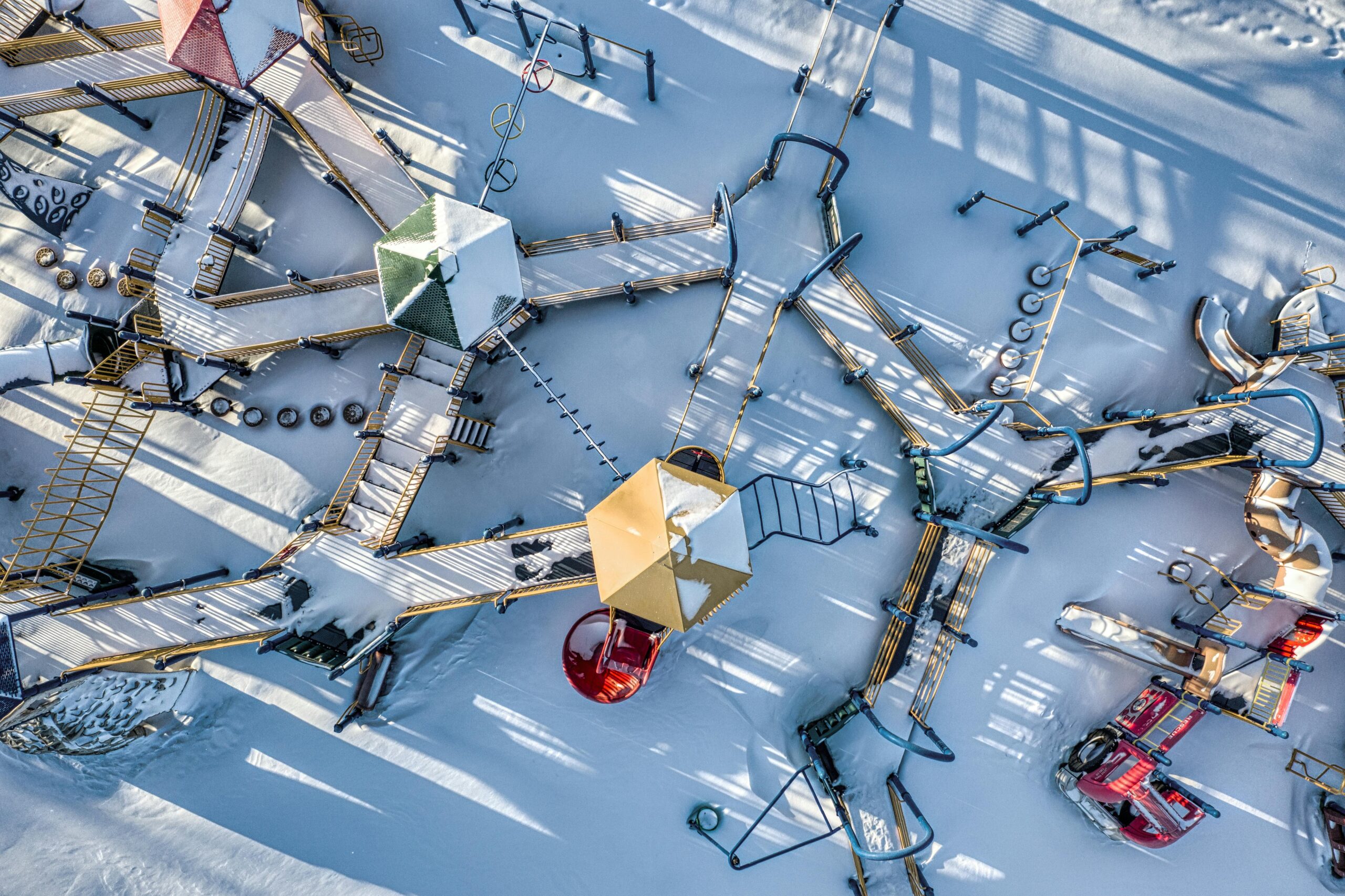Introduction
In every era, society has needed protectors—individuals or groups who rise above self-interest to defend humanity’s values, culture, and survival. These protectors are what we can call the Guardians of Humanity. They may not always wear armor or carry weapons, but they embody courage, compassion, and responsibility.
The concept of Guardians of Humanity is more than a title—it is a philosophy. It includes people, organizations, and movements committed to safeguarding human dignity, justice, and the future of generations to come. From soldiers defending nations to doctors saving lives, from activists protecting rights to educators inspiring minds, these guardians appear in many forms.
This article examines the significance, importance, and influence of the Guardians of Humanity in our world today.
What Are the Guardians of Humanity?
The phrase “Guardians of Humanity” refers to protectors and advocates who dedicate themselves to ensuring the survival, progress, and dignity of humanity. These guardians are not limited to one profession or role. Instead, they represent a collective of different individuals and communities working toward a common good.

They may be:
- Defenders of Peace: Soldiers, peacekeepers, and security forces.
- Healers of Humanity: Doctors, nurses, and caregivers.
- Voices of Justice: Activists, lawyers, and human rights defenders.
- Builders of Knowledge: Teachers, scientists, and mentors.
- Guardians of Nature: Environmentalists and sustainability advocates.
In essence, they are anyone who dedicates themselves to ensuring humanity thrives, both now and in the future.
The Role of Guardians of Humanity in Today’s World
The world faces challenges such as wars, climate change, inequality, and technological disruptions. Guardians of Humanity play essential roles in addressing these issues by:
- Defending Human Rights
They ensure that all people have access to dignity, freedom, and equality. - Preserving Cultures and Knowledge
Guardians protect traditions and wisdom passed down through generations. - Protecting the Planet
By advocating for sustainability, they safeguard the Earth for future generations. - Promoting Peace and Unity
Guardians mediate conflicts, encourage dialogue, and bring people together. - Inspiring Hope
Their sacrifices and efforts remind society that humanity’s spirit of resilience is alive.
Why the Guardians of Humanity Are Essential
Without the Guardians of Humanity, society risks falling into chaos, selfishness, and destruction. They matter because:
- They provide balance in times of uncertainty.
- They give a voice to the voiceless.
- They bridge divides between communities.
- They stand as symbols of morality in times of corruption or injustice.
In short, they remind us that humanity is not just about survival, but about living with dignity, compassion, and purpose.
Historical Guardians of Humanity
Throughout history, we can identify countless Guardians of Humanity:
- Mahatma Gandhi – Advocated non-violence and freedom.
- Florence Nightingale – Revolutionized healthcare and nursing.
- Martin Luther King Jr. – Fought for equality and civil rights.
- Mother Teresa – Served the poor.
- Nelson Mandela – Became a global symbol of peace and justice.
These figures represent the essence of guardianship, showing us that true strength lies in service and sacrifice.
Modern-Day Guardians of Humanity
In today’s world, guardians can be found everywhere:
- Healthcare Workers during pandemics.
- Climate Activists like Greta Thunberg pushing for urgent action.
- Humanitarian Organizations such as the Red Cross or Doctors Without Borders.
- Educators and Innovators who expand human knowledge.
They may not always be famous, but their contributions shape lives and preserve hope.
Guardians of Humanity in Popular Culture
The concept of guardians is also reflected in literature, film, and art. From superheroes in movies to protectors in ancient myths, humanity has always been inspired by stories of defenders who rise above challenges. These cultural symbols remind us that being a guardian is not about power but about responsibility.
Challenges Faced by Guardians of Humanity
Despite their noble missions, guardians face significant challenges:
- Lack of Resources – Many operate with limited funding or support.
- Threats and Risks – Activists, journalists, and soldiers often risk their lives.
- Misunderstanding and Opposition – Guardians may be silenced or criticized.
- Burnout and Sacrifice – The weight of responsibility often comes with personal costs.
Yet, their persistence demonstrates humanity’s resilience.
How Can We Support the Guardians of Humanity?
Supporting these guardians is a collective responsibility. Here’s how individuals can help:
- Volunteer for humanitarian causes.
- Donate to organizations that protect rights and lives.
- Spread awareness about the issues they fight for.
- Stand up against injustice in daily life.
- Appreciate and thank the guardians around us, from teachers to health workers.
Frequently Asked Questions (FAQs)
What does the term Guardians of Humanity mean?
It refers to people, groups, or movements dedicated to protecting and uplifting humanity through justice, compassion, and responsibility.
Who can be considered a Guardian of Humanity?
Anyone—from doctors, soldiers, and activists to everyday people—who works selflessly for the greater good.
Why are Guardians of Humanity important today?
They address global challenges like climate change, inequality, and conflict, ensuring a safer and fairer future.
Can ordinary people be Guardians of Humanity?
Yes, anyone can contribute by spreading kindness, defending fairness, or protecting the environment.
How can I support the Guardians of Humanity?
By volunteering, donating, raising awareness, and standing with them in their missions.
Are Guardians of Humanity always leaders?
Not always. They can be quiet workers behind the scenes who make lasting differences.
Conclusion
The Guardians of Humanity are not mythical heroes—they are real individuals who rise above selfishness to serve humanity. They may be leaders, healers, teachers, or ordinary citizens, but their shared commitment makes them extraordinary.
As the world faces unprecedented challenges, the need for these guardians grows stronger. They are the torchbearers of justice, compassion, and progress, reminding us that humanity’s greatest strength lies in unity and responsibility.
By recognizing, supporting, and even becoming guardians ourselves, we ensure that the values of humanity—dignity, freedom, and hope—will never fade.



